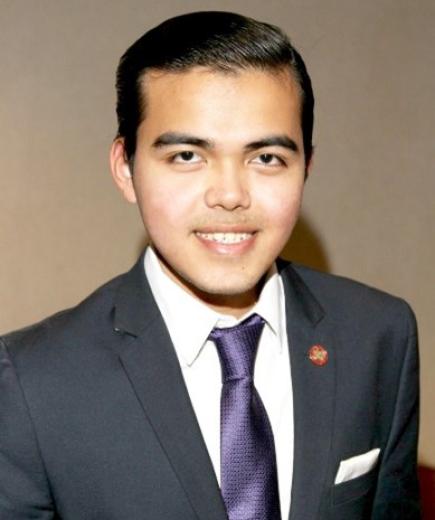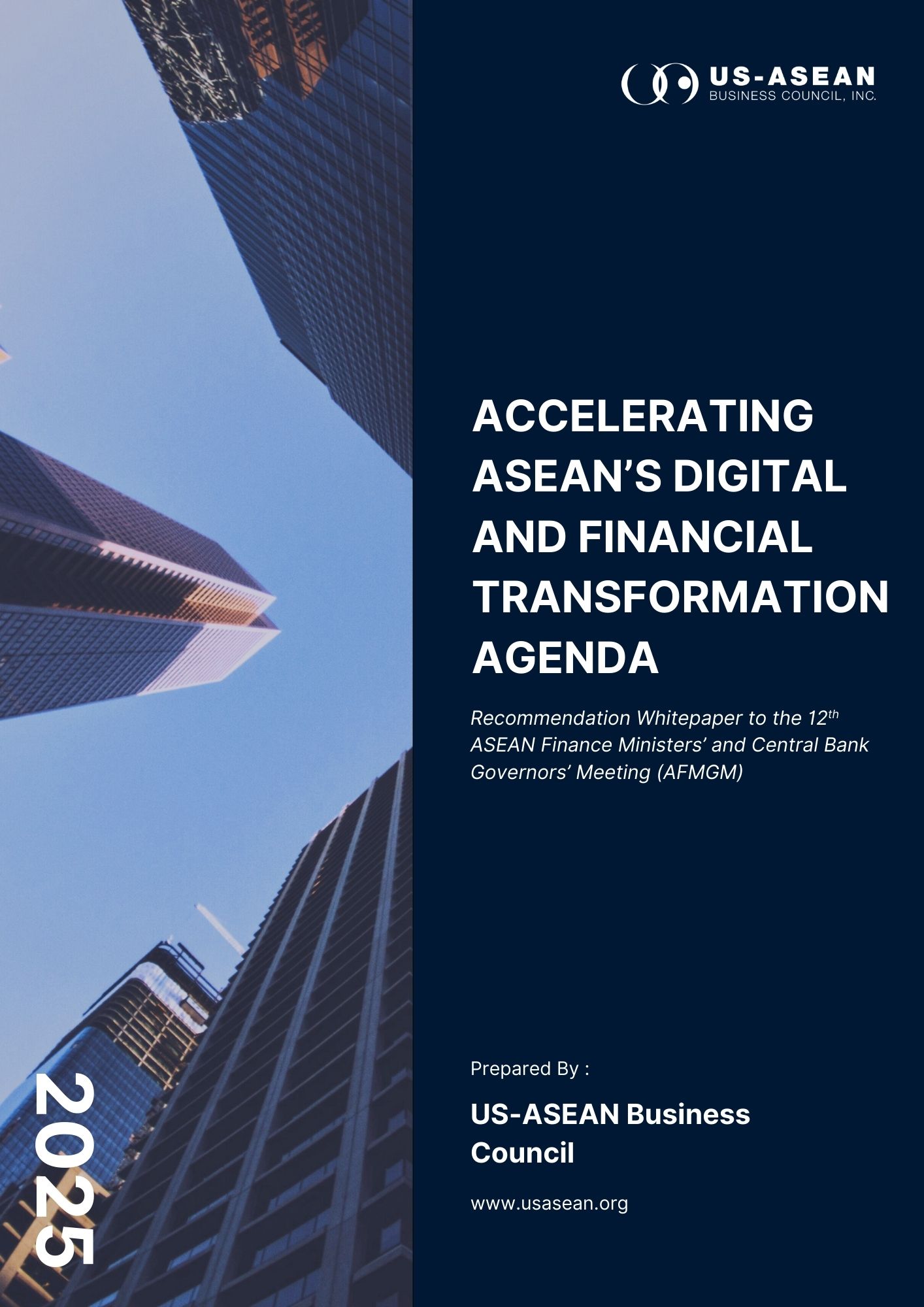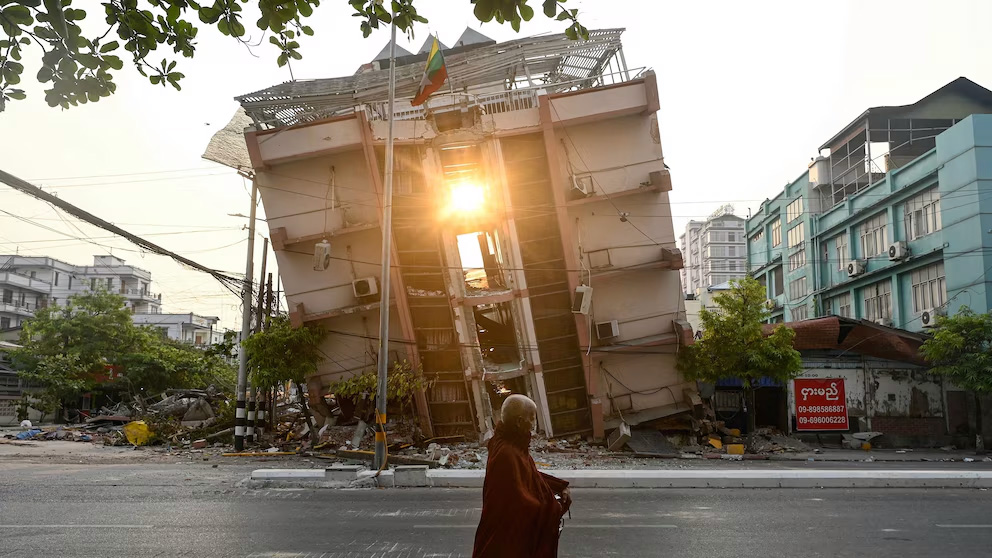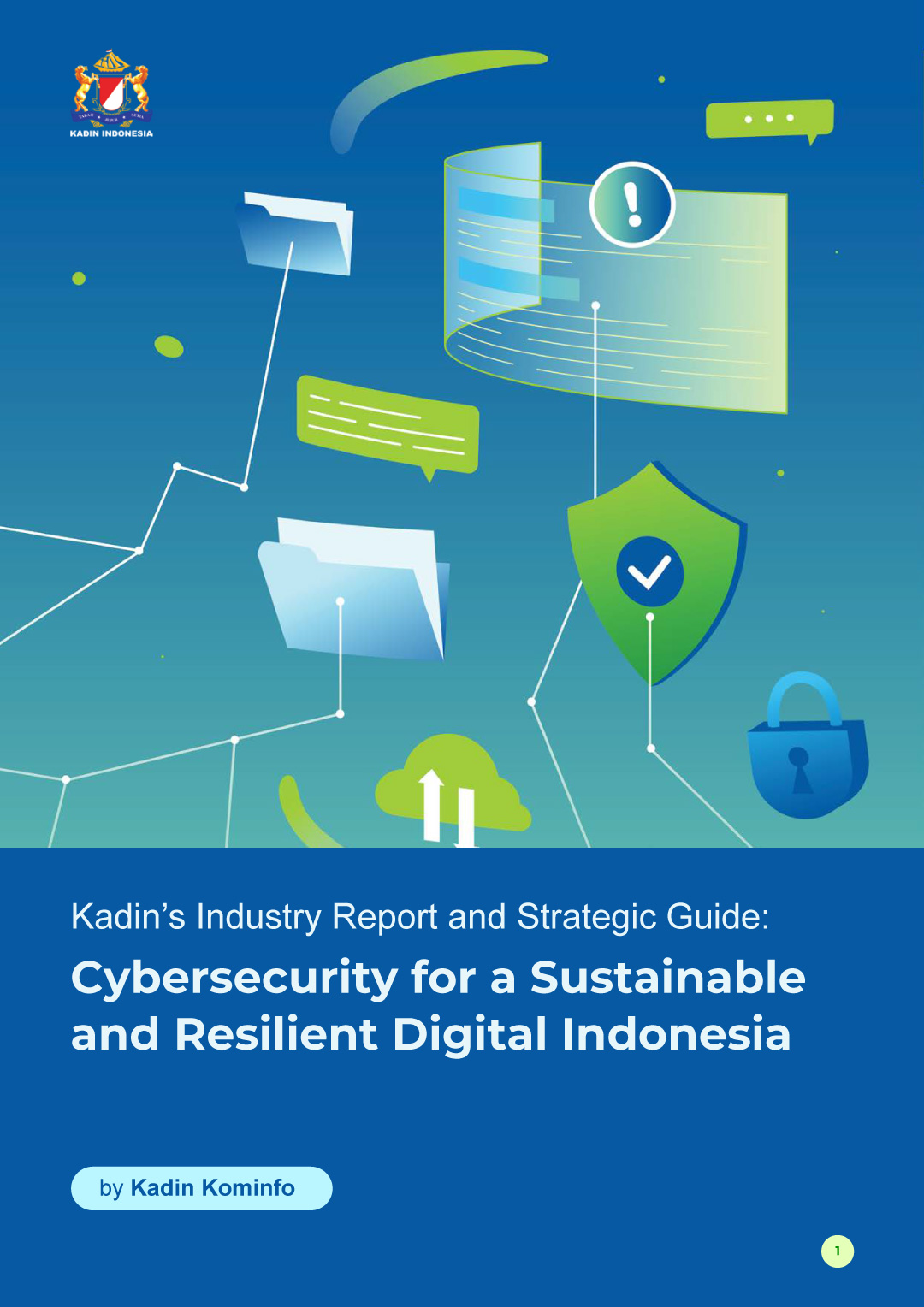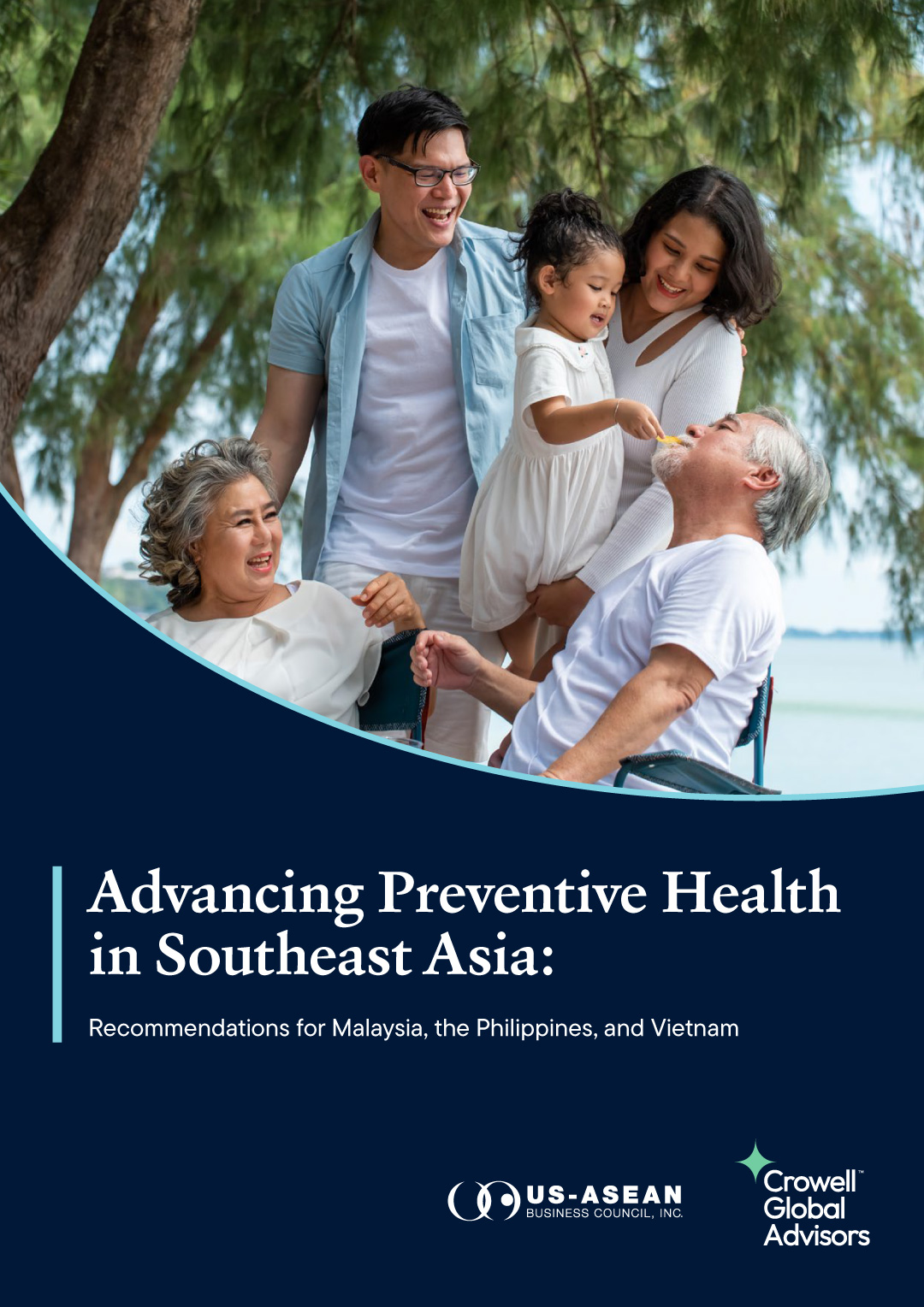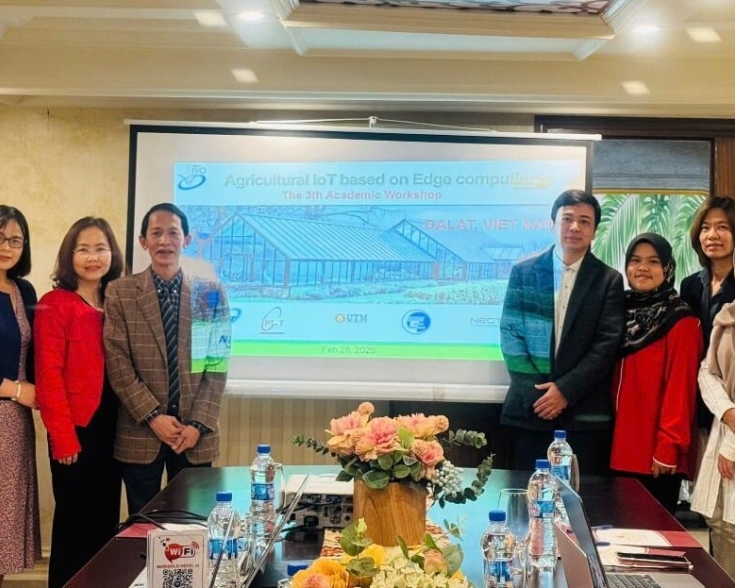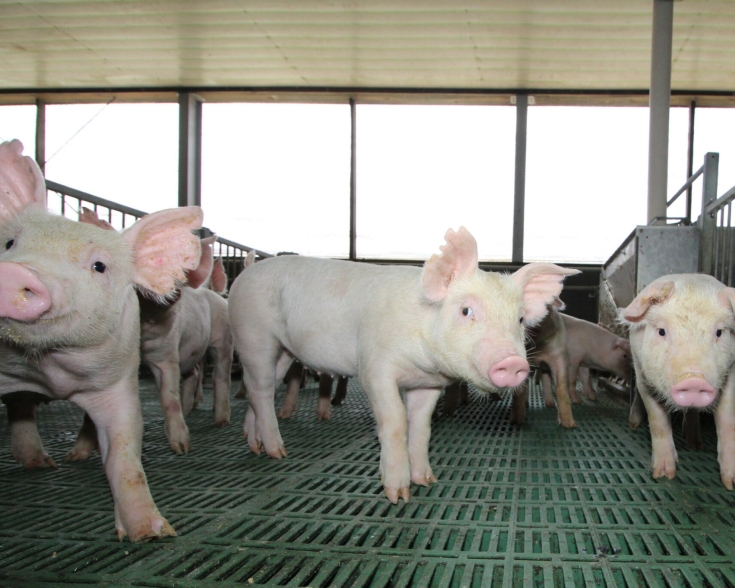Analysis of Junta Chief Min Aung Hlaing’s China Visit
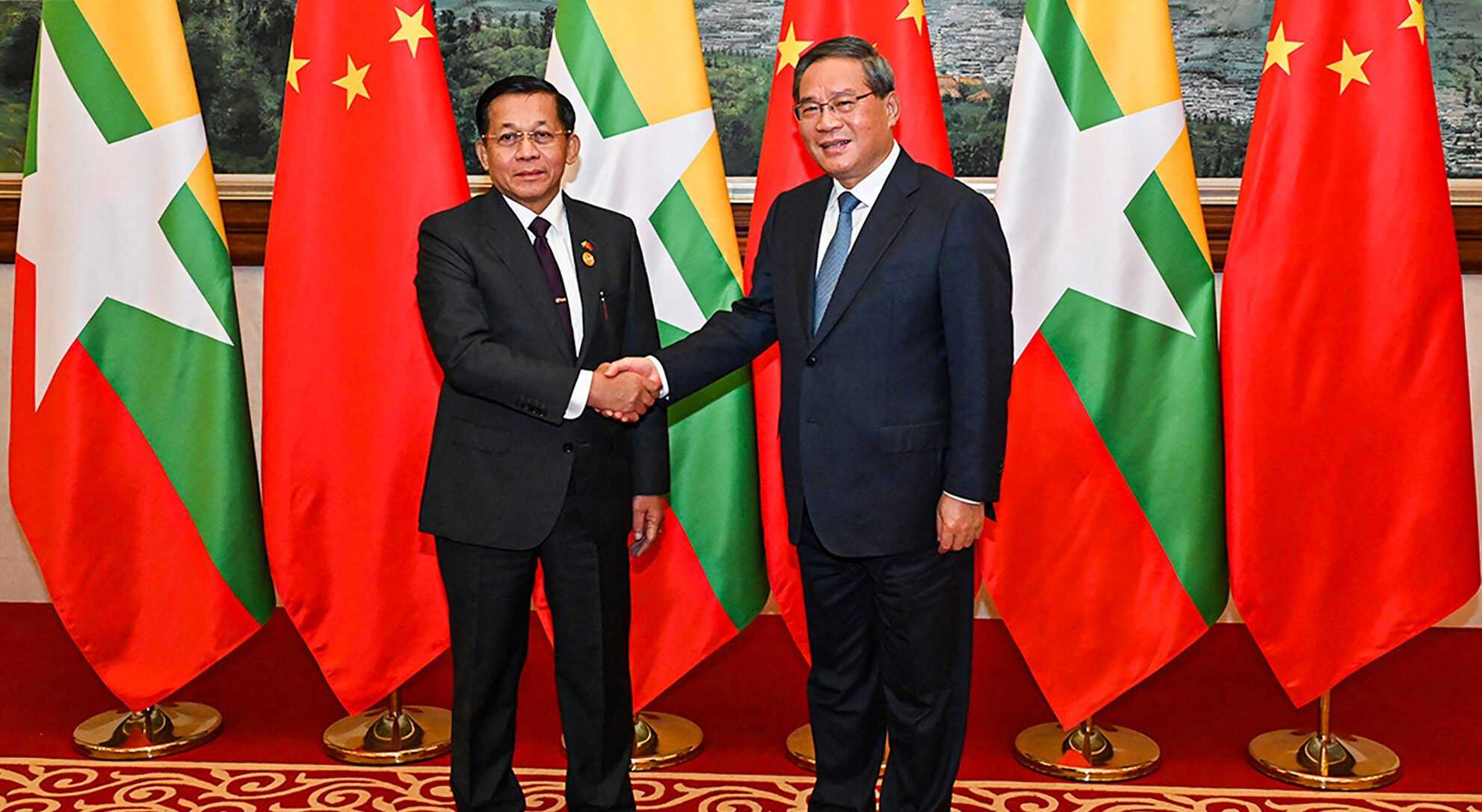
On November 5, Myanmar junta leader Senior-General Min Aung Hlaing and his delegation arrived in Kunming, Yunnan, for regional summits, including the 8th Greater Mekong Subregion Summit. This summit, typically held every three years, serves as a forum for Mekong countries—Myanmar, Laos, Cambodia, Vietnam, and China—to discuss developments and cooperation across the region. This visit marks Sr. Gen. Min Aung Hlaing's first trip to China since the 2021 coup.
In a meeting on Wednesday with Chinese Premier Li Qiang, Sr. Gen. Min Aung Hlaing referenced the potential resumption of the Muse - Mandalay - Kyaukpyu railway project "in possible areas." The railway is part of the China-Myanmar Economic Corridor (CMEC), aimed at connecting China’s landlocked Yunnan Province to the Indian Ocean, allowing China to bypass the Malacca Strait. Regarding the ongoing conflicts, Sr. Gen. Min Aung Hlaing blamed the Three Brotherhood Alliance (MNDAA, TNLA, and AA) for breaking ceasefire agreements, adding that peace talks are possible if the 3BHA demonstrates “clear and specific actions for peace” without elaborating further.
A TNLA spokesperson later responded, stating that “peace talks should be inclusive” and called on the regime to be "genuine" about its peace commitments. She added that progress would only be possible if the regime removed the "terrorist" designation on the Three Brotherhood Alliance members and "[admitted] to its crimes." She also noted that peace remains unachievable as long as the regime conducts airstrikes in 3BHA-controlled areas.
Min Aung Hlaing also called for a crackdown on "illegal" trading activities by Ethnic Armed Organizations (EAOs) in border areas. Premier Li supported his stance, stating that border trade posts should be “under government control.” This statement reflects China’s persistent non-engagement policy towards non-state actors in formal border trade - a stance also made clear during the ceasefire negotiations following Operation 1027, part 1.
Premier Li also pledged support for the regime's Five-Point Roadmap, which includes planned elections in 2025, and emphasized accelerating the CMEC work plan. The meeting resulted in seven Memoranda of Understanding and Memoranda of Agreement covering areas such as agricultural cooperation, science, and technology.
Sr. Gen. Min Aung Hlaing also toured Zhongyue Aviation UAV Firefighting-Drone Co., Ltd., where he explored drones used for “humanitarian” purposes. Since Operation 1027 last year, the regime has increasingly used commercial (primarily Chinese-made) drones in its operations, aiming to replicate the successful drone tactics employed by EAOs and resistance groups.
On the sidelines of the summit, Sr. Gen. Min Aung Hlaing met with the Prime Ministers of Thailand, Cambodia, and Laos, with whom he reportedly discussed the planned election. Thai Prime Minister Paetongtarn Shinawatra told the media that there was "nothing unexpected" from the meeting and reiterated that Myanmar's conflict is an "internal affair." Earlier last month, Thailand announced a plan to host an “informal consultation” on the Myanmar crisis with current ASEAN member states in December. Cambodian Prime Minister Hun Manet expressed support for the “inclusive dialogue” and implementation of the ASEAN Five-Point Consensus to resolve the Myanmar conflict. Meanwhile, Myanmar’s parallel civilian National Unity Government (NUG) Foreign Affairs Minister Daw Zin Mar Aung criticized China’s invitation to the junta leader, suggesting it could create a rift in China-Myanmar relations.
While this visit may not have provided Sr. Gen. Min Aung Hlaing with the same level of publicity (at least domestically) as his 2022 meeting with Russia President Vladimir Putin at the Eastern Economic Forum, it underscores China’s symbolic stance, showing its continued backing of the current military junta in Myanmar. The junta also appears to have secured further reassurances from China on handling EAO-controlled border trade. Five days after the meeting with Sr. Gen. Min Aung Hlaing, China closed another border trade post on the China-Myanmar border, though it reopened another one in Muse while enforcing stricter blockades on other trade posts. According to RFA, China has shut down over a dozen TNLA- and MNDAA-controlled trade posts since July, causing surges in fuel and commodity prices nationwide. The MNDAA and TNLA currently control five trade posts, accounting for 91 percent of China - Myanmar border trade value. For the time being, China is expected to keep pressuring the EAOs along the border, but it remains to be seen if or when the EAOs will yield or if China’s patience may wear thin with the junta—especially with recent escalations, such as the Kachin Independence Organization (KIO) capturing rare earth mines in Chipwi and Tsawlaw, a major source of China rare earth oxides import. The outlook for CMEC project construction also remains uncertain amid continued clashes in project areas and the potential AA takeover of Ann in Rakhine, which could cut off Kyaukpyu, a major hub of Chinese investment projects, from the rest of the country.
